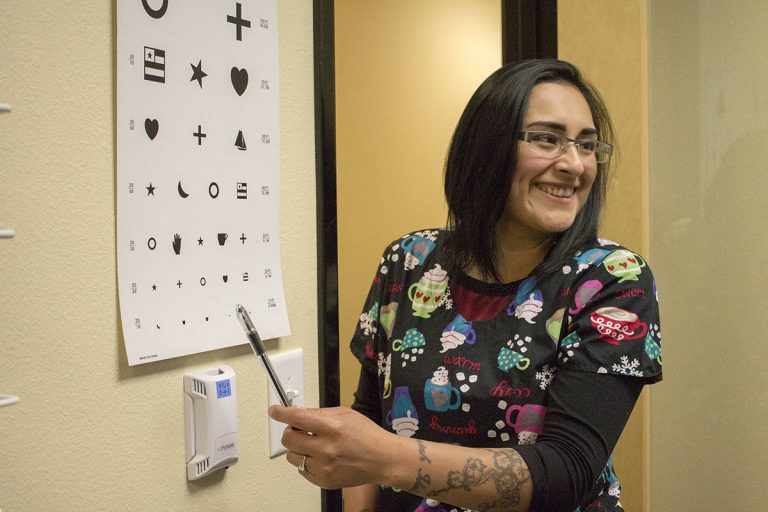Medical Assisting: Do you have the 7 traits?


1. Good Communicator
Medical assistants interact with doctors, nurses and patients every day. It’s important that they communicate effectively so that patient concerns and questions are addressed while important medical information is obtained.
2. Compassionate
When patients enter a clinic or hospital, it’s because they’re experiencing a medical concern. They may be afraid or in pain. As a medical assistant, your job is to help them feel calm and respected as they receive care.
3. Team Player
Medical assistants work as part of an expansive team that includes doctors, nurses, medical billing and coding specialists, lab technicians and more. You’ll need to be able to work cooperatively with a variety of people, including patients and their families.
4. Honesty and Integrity
Not only will you be responsible for the confidentiality of personal medical records, but you’ll also attain information about patients’ personal lives. It’s important that you have discretion with sensitive information.
5. Positive Attitude
As with any career, there will be some days that are rougher than others. A good medical assistant takes daily struggles in stride and keeps a smile on their face. Positivity is helpful for both patients and staff to feel comfortable and appreciated.
6. Attention to Detail
Mistakes in the medical field can be costly not only in time and money, but they can be harmful to patients. Procedures like drawing blood require that medical assistants follow strict protocol for safety. Accuracy with billing, scheduling and patient history is also key in hospital and clinic settings.
7. Calm under pressure
Daily life in a doctor’s office or clinic can be chaotic. There’s always something to do, whether it’s caring for patients, scheduling appointments or updating medical records. A level head under stress can mark you as a highly valuable medical assistant.




